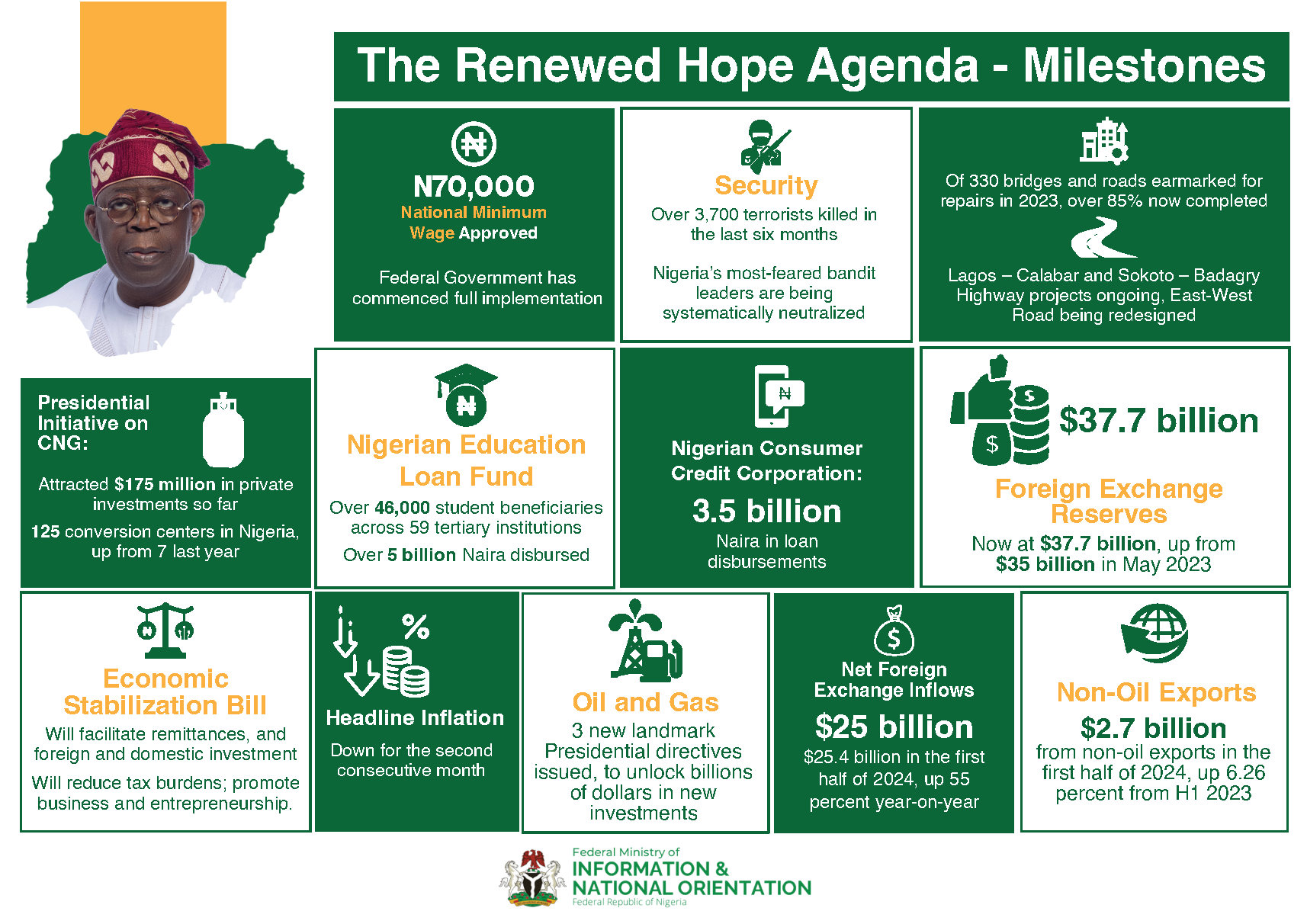The Nigerian branch of the Chartered Institute of Arbitrators UK has called upon African Countries to unite and form a regional Court of Arbitration that takes care of African interests in a predictable, independent and effective dispute resolution system.
The arbitration body believes that African arbitrators have come of age and are on the verge of global relevance. They therefore must be ready to take their pride of place in the world of arbitration. “The greatest challenge to the success of free trade in Africa is the dearth of knowledge on how to penetrate the mechanisms of laws in the variety of areas and where commercial parties do agree to contract, overcoming trust deficit accentuated by the historical, cultural, linguistic and legal differences. African states should work together to form a predictable, independent and effective dispute resolution system; for example, a regional court of arbitration”.
This is part of the resolution of the institute in its just concluded annual conference which took place on November 26-27, 2020. Although it was the institute’s first virtual conference, it attracted over 2000 participants from across the globe. Attendees discussed, interrogated, deliberated upon, and proffered solutions and suggestions on the Conference theme “Arbitration & ADR in A Free Trade Regime: Assessing Africa’s Readiness”.
The overarching objective of the Conference was to throw light on the opportunities and the challenges of economic explosion in the light of the AfCFTA.
At the end of the two day conference, where attendees and speakers participated in ten sessions, a 19 point which include the following was issued:
- There is a need to interrogate the Federal High Court Rules which adds a broad term – perverseness as a ground for challenging an award. The question to be asked is whether or not; the Rules can expand the ground of setting aside an award over and above what the Arbitration and Conciliation Act itself has prescribed.
- The interface between the Court and Arbitration ought to be a supportive and collaborative one as the efficiency of arbitration is directly linked to the quality of the justice system, which guarantees the rule of law.
- Good enforcement procedures enhance predictability in commercial relationships and assure investors that contractual rights will be upheld promptly by local courts or through arbitration and ADR.
- The benefit of judges seating as arbitrators or mediators lies in the jurisprudence that will be developed in such proceedings. However, the important qualities of the ADR mechanisms- confidentiality and speciality are being eroded.
- To improve the pro-enforcement culture of arbitral awards, judges and legal practitioners need to be continuously trained and be familiar with arbitration rules and the importance of ADR as a social and economic infrastructure. The litigation mindset is to be done away with and technology embraced to ensure efficiency.
- With the coming into effect of the Singapore Convention on enforcement of settlement agreements reached via mediation on September 12, 2020, African countries are urged to domesticate the Singapore Convention in preparation of the free trade regime. Policy makers are encouraged to lay the groundwork for the proper implementation of the Convention.
- Whilst advocating for the ratification of the Singapore Convention in Nigeria, judges and practitioners should be trained to understand that once a party is a signatory to a Convention, jurisdiction has been submitted to the regime. Thus, Nigeria and her courts are bound to enforce mediation outcomes.
- Three ‘E’s to bear in mind while promoting Mediation as a mainstream ADR process: Embrace; Encourage and; Enforce.
- With the coming into effect of the AfCFTA, African practitioners and indeed, Nigerian practitioners are on the verge of being relevant globally. This can be achieved by expanding the frontiers of practice to multiple jurisdictions, and expanding our knowledge base and services beyond the Nigerian context.
- The greatest challenge to the success of free trade in Africa is the dearth of knowledge on how to penetrate the mechanisms of laws in the variety of areas and where commercial parties do agree to contract, overcoming trust deficit accentuated by the historical, cultural, linguistic and legal differences. African states should work together to form a predictable, independent and effective dispute resolution system; for example, a regional court of arbitration.
- Neo-colonialism and shadow interests are evident from the rules of arbitral institutions, which favour multi-nationals and enshrine the cycle of poverty in African states. African states and parties should focus on creating and mainstreaming Afro-centric approaches to dispute resolution. This is especially important for those in policy-making positions in our governments.
- The AfCFTA provides an opportunity for African states to refocus the arbitration global framework by removing structures that project a neo-colonial bias, focusing on capacity building in terms of our negotiating power and capacity of our arbitration practitioners.
- Currently, most model clauses published for general guidance focus on the arbitral element of a dispute and do not create a multi-tiered dispute resolution clause that allows for non-contentious mechanisms.
- Dispute resolution mechanisms developed for the Belt and Road Initiative must cater to the needs of the users and such needs are efficiency, timeliness of resolution of disputes, consistency and predictability in decision making, compliance with extant rules and laws, and the expectation of the projects going forward.
- It is of utmost importance to separate African practitioners from African Institutions. Beyond African practitioners being considered as neutrals in dispute resolution processes by African Institutions, International institutions can embrace qualified and competent practitioners of African descent.
- It is alarming to note that although there was political will to get the AfCFTA signed and ratified in record time, no single African country has met the basic requirements on the state of readiness for the implementation of the Agreement.
- Considering the urgent need for uniformity of rules in Africa, the AfCFTA dispute resolution mechanisms should be used as a default for all states who have adopted the rules. Parties in cross-border transactions should automatically submit to these rules unless they decide to opt out. This is especially important as a means to ensuring that African states domesticate their disputes.
- The AfCFTA dispute resolution mechanisms should involve a regional centre to raise predictability, harmony, and confidence in these mechanisms so that state parties willingly submit and utilize the dispute resolution mechanisms with the purpose of making Africa an arbitration friendly seat.
- The regional institutions play a big role in influencing legislative framework and policies that ensure the use of indigenous practitioners, diversity, and inclusion of young lawyers.
Dear readers, we really need your support to keep on serving you with authoritative, truthful, and juicy stories everyday. For your support, please reach out to the editor @gavelinternational66@gmail.com


